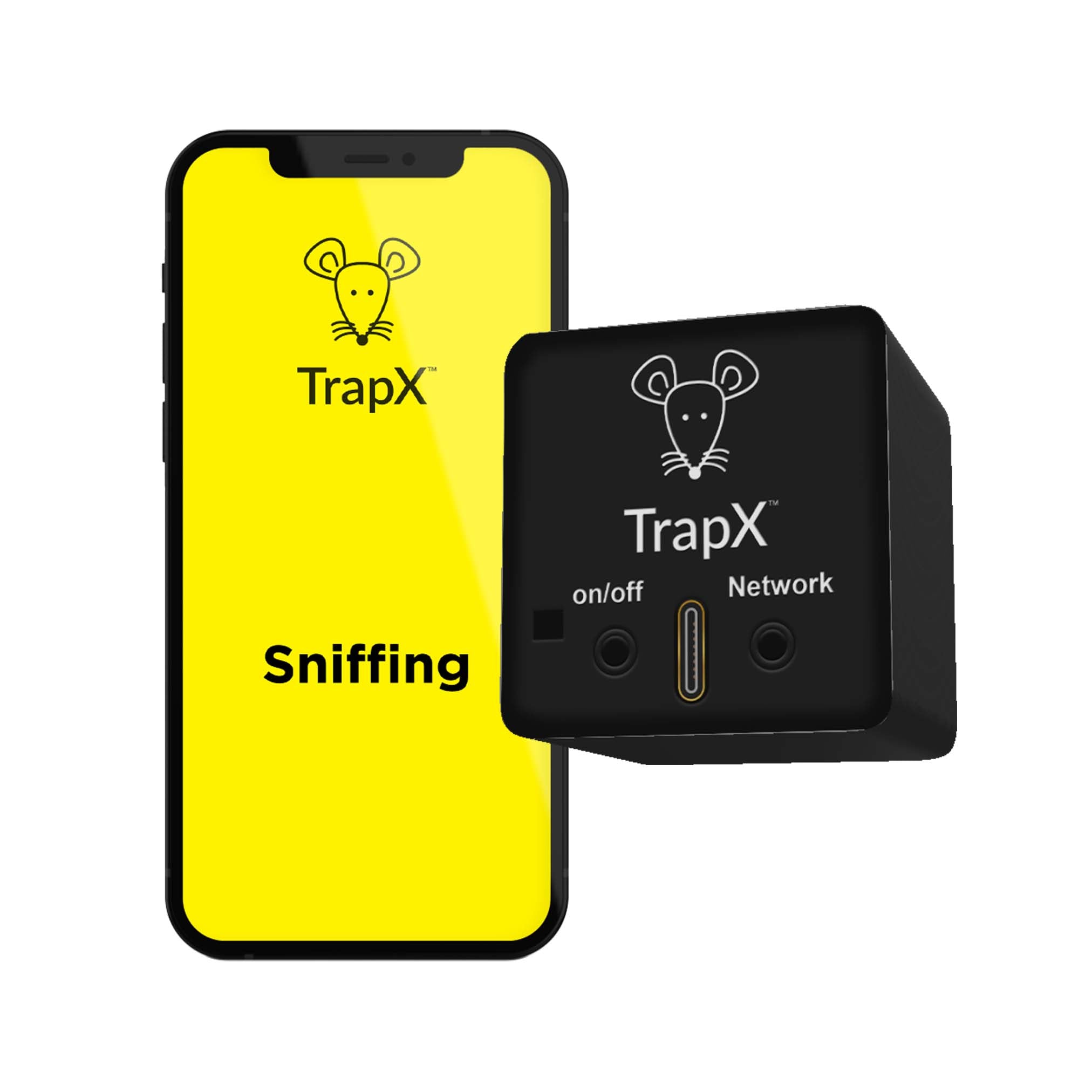The F100 truck is a beloved vehicle known for its durability and style. However, like any vehicle, it is susceptible to rodent intrusion. Rodents can cause significant damage to your trucks wiring, insulation, and overall integrity. Knowing how to rodent proof your F100 truck is essential in maintaining its value and functionality.
In this detailed guide, we will walk you through effective strategies and tips to protect your F100 truck from these pesky invaders. These steps are designed to be practical and feasible for any truck owner.

Why Rodent Proofing Your F100 Truck is Crucial
Rodents, especially mice and rats, are notorious for seeking shelter and food sources in vehicles. This is particularly troublesome for F100 truck owners who may use their vehicles in varied environments, from urban settings to rural areas.
Common Issues Caused by Rodent Infestation
- Chewed Wires: Rodents tend to chew on wiring, which can lead to electrical issues and significant repair costs.
- Damage to Insulation: Rodents use insulation as nesting material, leading to reduced effectiveness in temperature regulation.
- Potential Health Hazards: Rodents can carry diseases and their droppings can contaminate your truck's interior.

Understanding the Attractiveness of Your F100 Truck to Rodents
Food Sources
Rodents are constantly on the lookout for food. Crumbs and open food packages in your truck can be major attractants. Keeping your truck clean is a fundamental step in how to rodent proof your F100 truck.
Warmth and Shelter
Engines, especially those of trucks like the F100, offer a warm place for rodents to nest, especially during colder months. Engines also provide ample hiding spots, making them a prime target for infestation.

Steps to Rodent Proof Your F100 Truck
1. Keep Your Truck Clean
Ensuring that your trucks interior is free from food particles and other attractants is the first step. Regularly vacuum and wipe down surfaces, including floor mats and under seats. Check out this article on wireless alert mouse trap.
2. Regular Inspections
Conduct routine inspections under the hood and around the vehicle to check for signs of rodent activity. Look for droppings, chewed wires, and nesting materials. Learn the importance of rodent alerts.
3. Use Rodent Repellents
Consider using rodent repellents such as peppermint oil, mothballs, or commercial rodent repellent sprays. These can be placed around the engine compartment and inside the truck. For more on effective repellents, read this innovative rodent sensor guide.
4. Seal Entry Points
Identify and seal any potential entry points that rodents could use to access your truck. This includes gaps in the firewall, entry points around cables, and ventilation system openings.
5. Set Traps
If you suspect or have had previous rodent issues, setting traps around your parking area and inside the truck can help catch these invaders before they cause significant damage. This ultimate guide to mouse traps will be incredibly useful.

Long-Term Strategies for Keeping Rodents Away
Parking Locations
Where you park plays a significant role in rodent proofing. Avoid parking near garbage bins, dense vegetation, or other areas likely to harbor rodents.
Regular Vehicle Use
Regularly using your truck can deter rodents, as they are more likely to inhabit vehicles that remain stationary for long periods.
Professional Pest Control
If you continue to have issues despite these efforts, it might be time to consult a professional pest control service for tailored advice and intervention. For expert advice, visit this professional pest control guide.
Conclusion
Knowing how to rodent proof your F100 truck is essential for maintaining the vehicle's longevity and performance. By incorporating these steps and remaining vigilant, you can protect your truck from the costly and troublesome damage that rodents can cause.
FAQs
1. What are common signs of rodent infestation in an F100 truck?
Look for chewed wires, droppings, and nesting materials in and around your truck's engine compartment and interior.
2. Can natural repellents effectively deter rodents?
Yes, natural repellents like peppermint oil and mothballs can be effective, but they should be used in conjunction with other methods for best results.
3. Is it necessary to consult pest control professionals?
If your efforts do not yield results, consulting a pest control professional can provide specialized solutions tailored to your situation.
For more information on vehicle maintenance, check out this Cars.com guide on protecting your car from rodents.
As an Amazon Associate, I earn from qualifying purchases.
